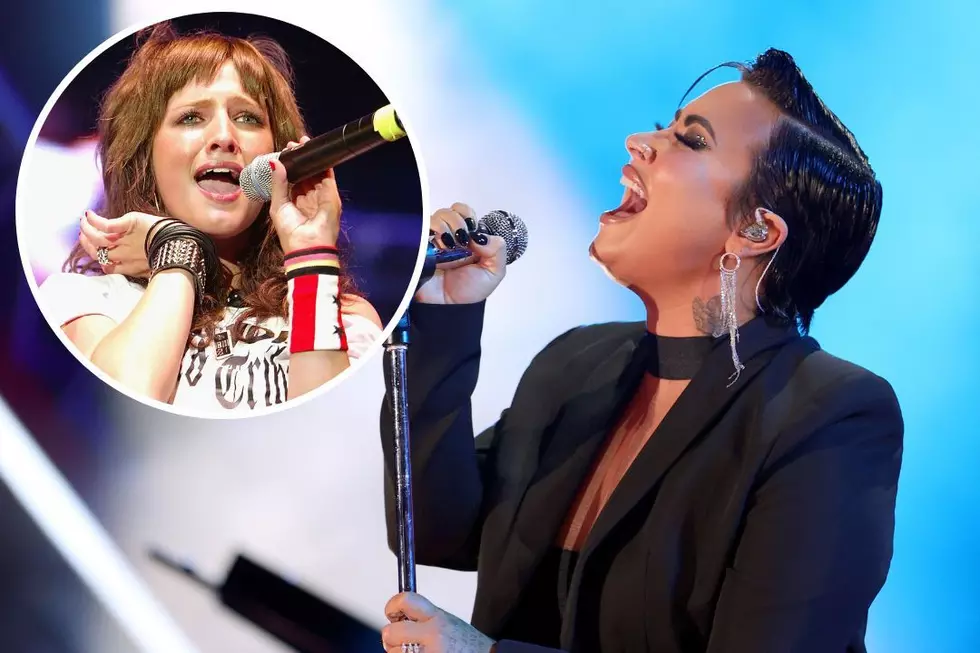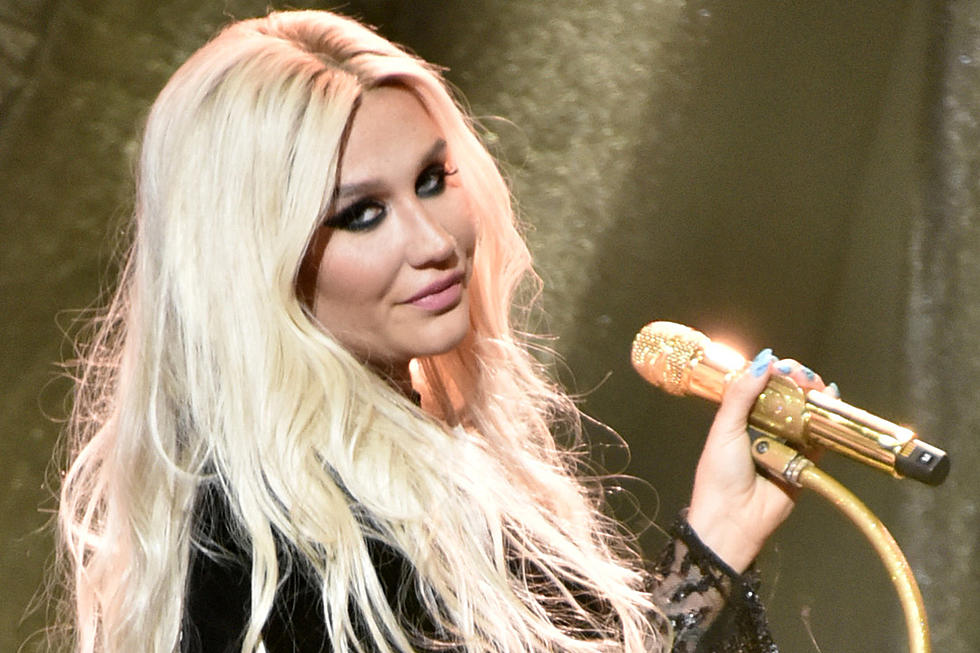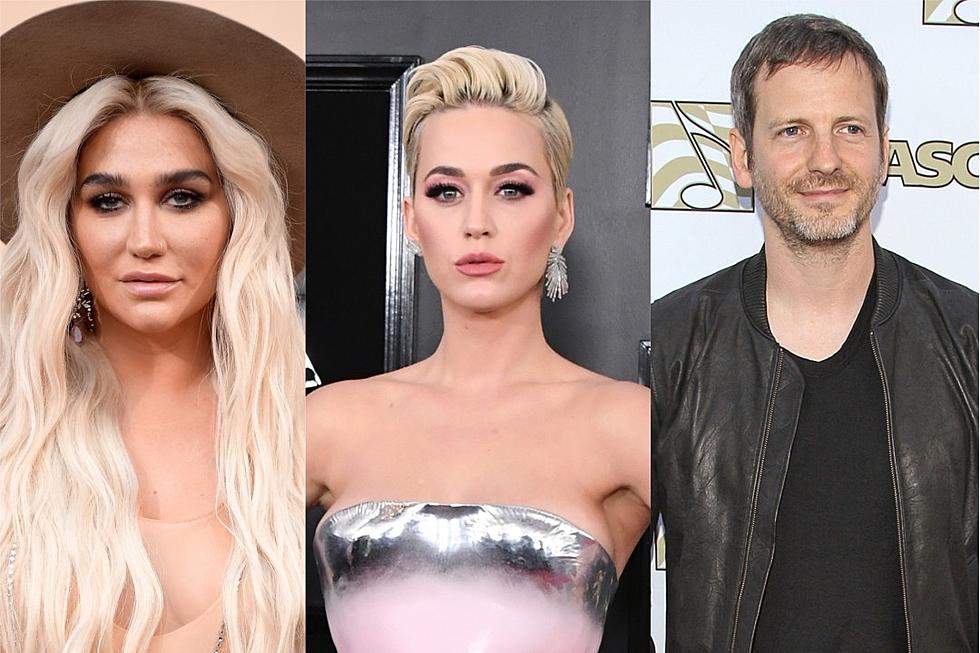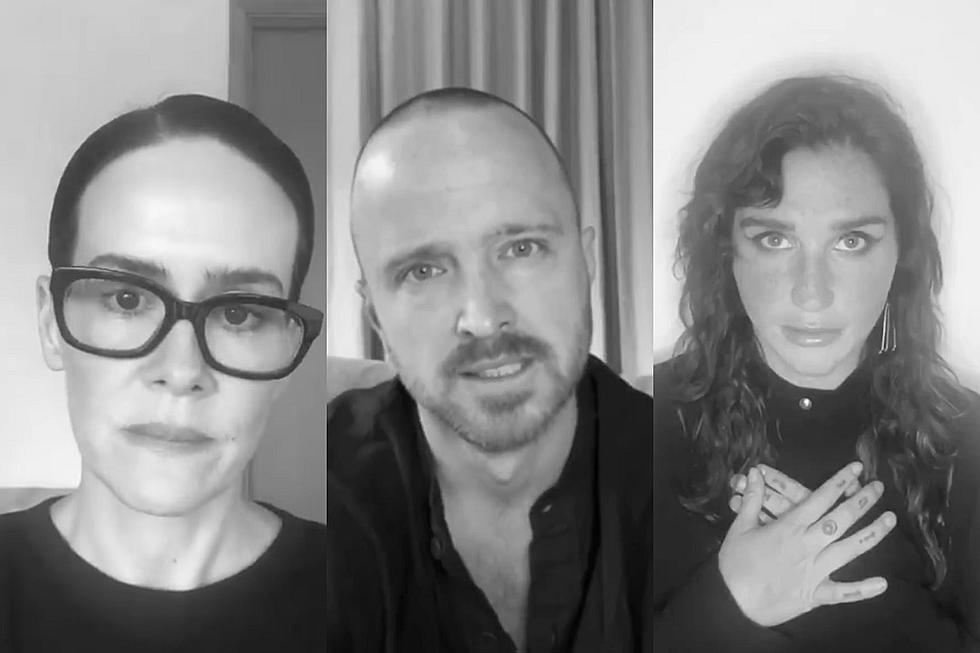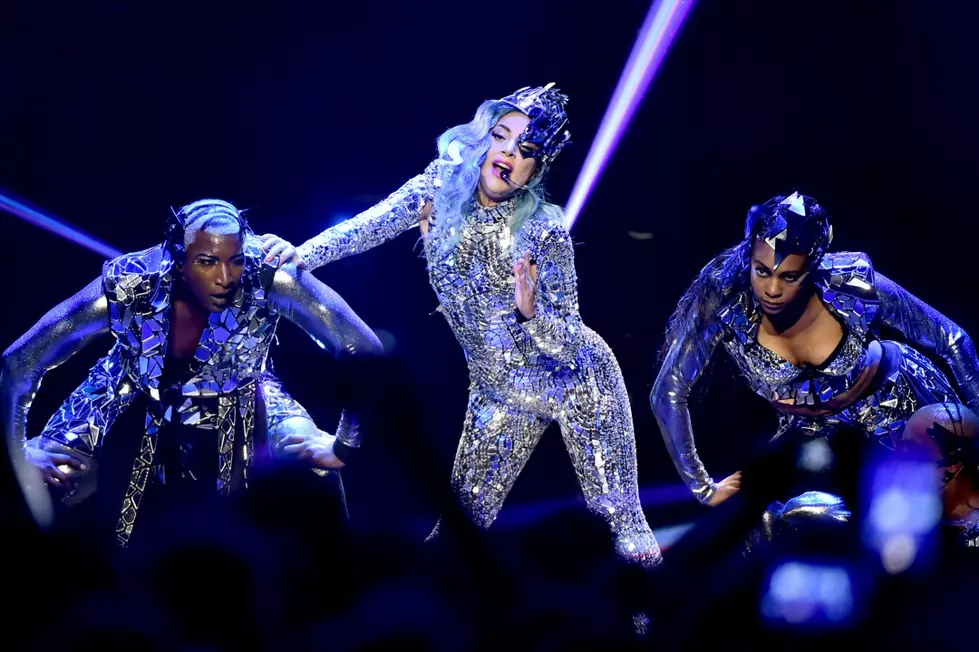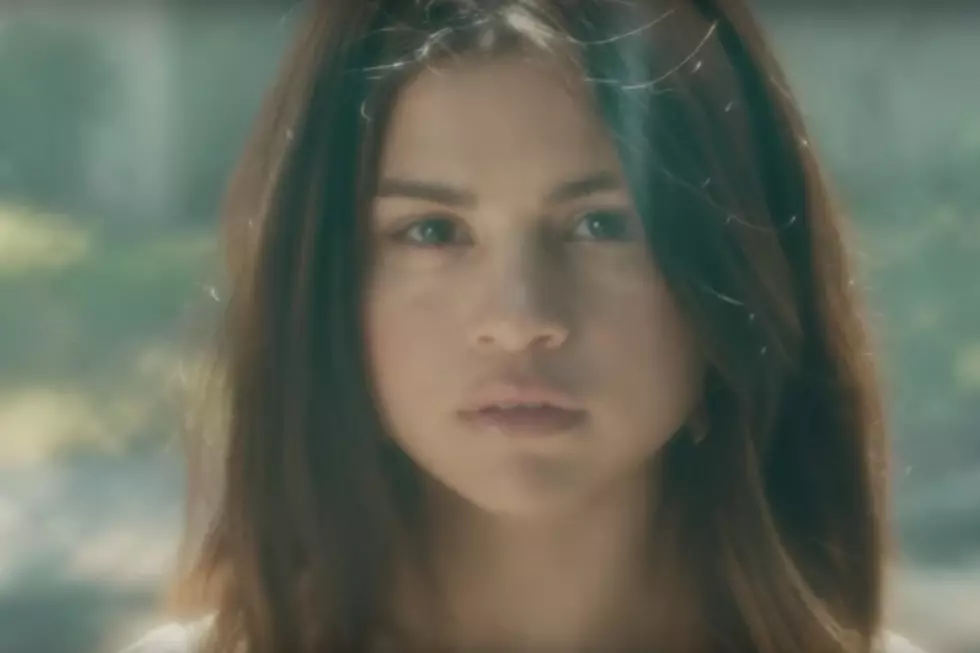
Dismantling the Pop Pedestal: How Imperfection Became the Hallmark of Modern Pop
Up until the digital boom of the mid-aughts, pop stars were largely framed as distant, intangible figures — commodities to be sought after and idolized, not obtainable or known. If there was a sense of intimacy, it was by fans' own creation. We plastered them on bedroom posters and willed ourselves into each song, pretending as if they somehow knew our lives, our dreams, our struggles. They were an easy canvas, familiar in their lyricism but aspirational onstage, at once proxies for everything we felt we were and projections for all the things we wished that we could be. They were empty vessels of the highest order, hoisted onto pedestals and filled with our fantasies.
It’s not that these kinds of pop stars were impersonal: Music, even when designed for mass production, has long been a space for introspection, and some of the most successful artists of the last century were also the most expressive. Madonna — whose rawest albums, Ray of Light and Like a Prayer, are two of her finest — mastered the art of reinvention and challenged conceptions about what women could be, while both Prince and David Bowie helped change the face of pop by bringing queerness into the mainstream.
But even then, there were degrees of separation. Their stage personas were inflated, sometimes conflicting versions of the people they were in private, and personal statements were treated like time-released bombs. What they chose to reveal of their true selves, and when, was carefully worded and meticulously planned, filtered through publicists and press conferences and cover stories. When, in 1972, Bowie made the career-igniting proclamation that he was gay — by whatever definition that meant to him — he chose to do so via an interview with 12 words that today would more than likely be boiled down into one tweet: “I’m gay. And always have been, even when I was David Jones.”
Many of those strategies are still in place today. Taylor Swift, one of music's most visible and breathlessly examined figures, is routinely criticized for approaching her music with the diplomacy of a politician — savvy but sterile — and Beyoncé is among the most notoriously guarded icons in modern pop. She even has an alter ego, the inimitable, transcendent Sasha Fierce, a new age incarnation of Ziggy Stardust, the unpronounceable Ƭ̵̬̊, and others of that ilk.
But the advent of social media has helped to bridge the gap between the pop stars we know in public and those that exist in private, granting an immediacy and access that makes them feel less like cultural deities and more like human beings — flawed, fallible, and real. Peering into the gates of celebrity is no longer a privilege reserved for broadcast interviews and People magazine, but splayed out onto the open forum of the internet, where naked emotion and split-second thoughts can live outside the watchful eye of hired image-keepers. As Amy X. Wang put it for Quartz: “Record labels used to dictate everything from an artist’s entire album production process to his or her public relationships and personal appearance. Labels still preside over that first thing. But it matters much less.”
Platforms like Twitter and Facebook haven’t erased the barricade between fame and fandom entirely — music is, after all, a business, and there’s an art form to performance that’s worth maintaining — but they have, perhaps, challenged artists to be more open and honest in their work.
Before, musicians only had to field the views of professional critics and tabloids, and those were easy enough to avoid. Now they’re at the mercy of an entire digital legion, where opinions and choices — or sometimes, lack thereof — are dissected with feverish intensity and hawkeyed vigilance. If pop stars aren’t becoming more candid because they now have the freedom to, it’s very likely because it’s become a hell of a lot more difficult to hide anything.
Social media has, of course, brought about negative byproducts too. For every makeup-free, cellulite-proud selfie, there are 10 more photos facetuned to infeasible levels of perfection; fans are no longer just curious about stars’ personal lives, they feel entitled to them; and our expectations for public figures remain entirely too high. We want them to be thought leaders, hitmakers, artists, activists, and role models, but somehow still relatable to those persistent hopes and struggles we keep projecting onto them. It’s all impossible and exhausting for everyone involved.
The deeper we get into the era of Instagram filters, though, the more it seems we want to revolt, to embrace our shortcomings, to just stop trying so goddamn hard. And the culture has shifted accordingly.
Consider Demi Lovato, who has publicly reckoned with addiction, self-harm, and bipolar and eating disorders since at least 2010, when she entered rehab after punching a backup dancer while on tour. She's spoken plainly about her recovery over the last eight years, but there was a time, not terribly long ago, when she was still holding back. She admitted in the 2017 documentary Simply Complicated that during the filming of Stay Strong, a 2012 doc meant to chronicle her sobriety, she was on drugs.
Now, though, Lovato seems ready to rid herself of any false pretenses. As recently as this week, she took to Instagram to flaunt her stretch marks and preach self-love, later explaining to E! News that she "wanted to show the world that [she's] imperfect, but that's what makes [her] beautiful."
Halsey and Selena Gomez, too, have been open about their respective health battles (and the mental challenges that accompany them); and Kesha — a Nashville wild child who is, yes, fun, but also fearless, insightful, and far more intelligent than her initial marketing tried to present — risked her entire career to take her alleged abuser to court and show the world the parts of herself she wasn't allowed to share before.
Even Beyoncé has begun to let down her walls. Her latest record, Lemonade, is a visceral, cathartic purging of the adultery that threatened to tear apart her marriage. Among critics, it is nearly unanimously her best and most personal effort to date, and it's also the first that lets us see her not just as Beyoncé the superstar, but Beyoncé the woman, one who must contend with betrayal, forgiveness, and pain much like the rest of us, just with a multi-million dollar empire to cushion the fall.
It feels strange to treat authenticity like a buzzword, some kind of new, hot trend, but it’s what best defines music’s recent about-face. The pop pedestal isn’t fully dismantled: We still demand more from our artists than they could ever provide, and it would be naive to believe the behind-scenes maneuvering has been completely abandoned. But the pillar has certainly gotten shorter, if not, at the very least, more forgiving.
Pop stars of the past may be veritable gods — mythologized, immortalized — but in the age of identity politics, #MeToo and #BlackLivesMatter, we’ll take ours human, please.
Celebrities Who Went Barefaced for Magazine Covers
More From KISS 104.1
